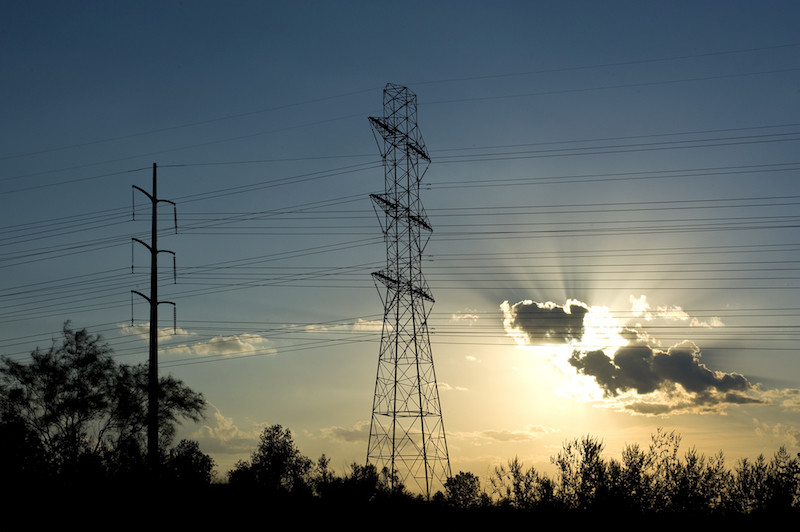Being a leading producer of any commodity means little if you’re unable to faithfully distribute it to your customers. The state of Texas failed that elementary business principle in spectacular fashion during February’s historic deep freeze.
Wholesale disruptions to the independently operated power grid of the nation’s leading oil, natural gas and wind energy producer left up to 4.5 million Texans without heat just as the state was gripped in a freakish winter storm the week of Feb. 14. Temperatures in Houston, a city that is obviously unaccustomed and unprepared to cope with sustained subfreezing conditions, fell to 13°F at one point with many without power for most of the week.
The finger-pointing began almost immediately, with the middle digit pointed squarely at the now absurdly sounding Electric Reliability Council of Texas (ERCOT), which is responsible for managing power distribution across 90% of the state. Under the control of the gubernatorial-appointed Texas Public Utilities Commission (PUC), ERCOT said it was forced to cut power as an unprecedented spike in demand and frozen fuel supplies put the entire grid on the verge of a wholesale collapse that would have taken months to restore. As it was, it was the domino effect, with generators across the state knocked offline.
To be fair, ERCOT has no regulatory authority in its capacity as a non-profit grid manager. The genesis of the blackout can be traced to the 1970s, when Texas exerted its independent streak and decoupled from the federally regulated eastern and western U.S. grids. This rendered Texas unable to acquire power from its neighbors and essentially put the state in what has been referred to as an “electricity island.” While adopting this deregulated, free market mindset functions nicely by reining in consumer costs when the weather cooperates, when it doesn’t the results are clear.
With no regulatory or economic incentive to winterize electrical generating facilities or set aside reserve power supplies, the state was brought to its knees when power plants, natural gas compression stations, coal piles, pipelines and the like froze up, along with West Texas wind turbines. While much of the blame has been directed toward the suddenly inoperable wind and solar energy systems, they account for no more than 10% of the state’s total power generating capacity, which is dominated by natural gas.
To cap off the miserable week, a number of Houstonians were stunned upon receiving an email advisory from utility CenterPoint Energy of upcoming natural gas bills of $202,102. CenterPoint quickly plead guilty to an oops moment and told customers to ignore the plainly erroneous email.




